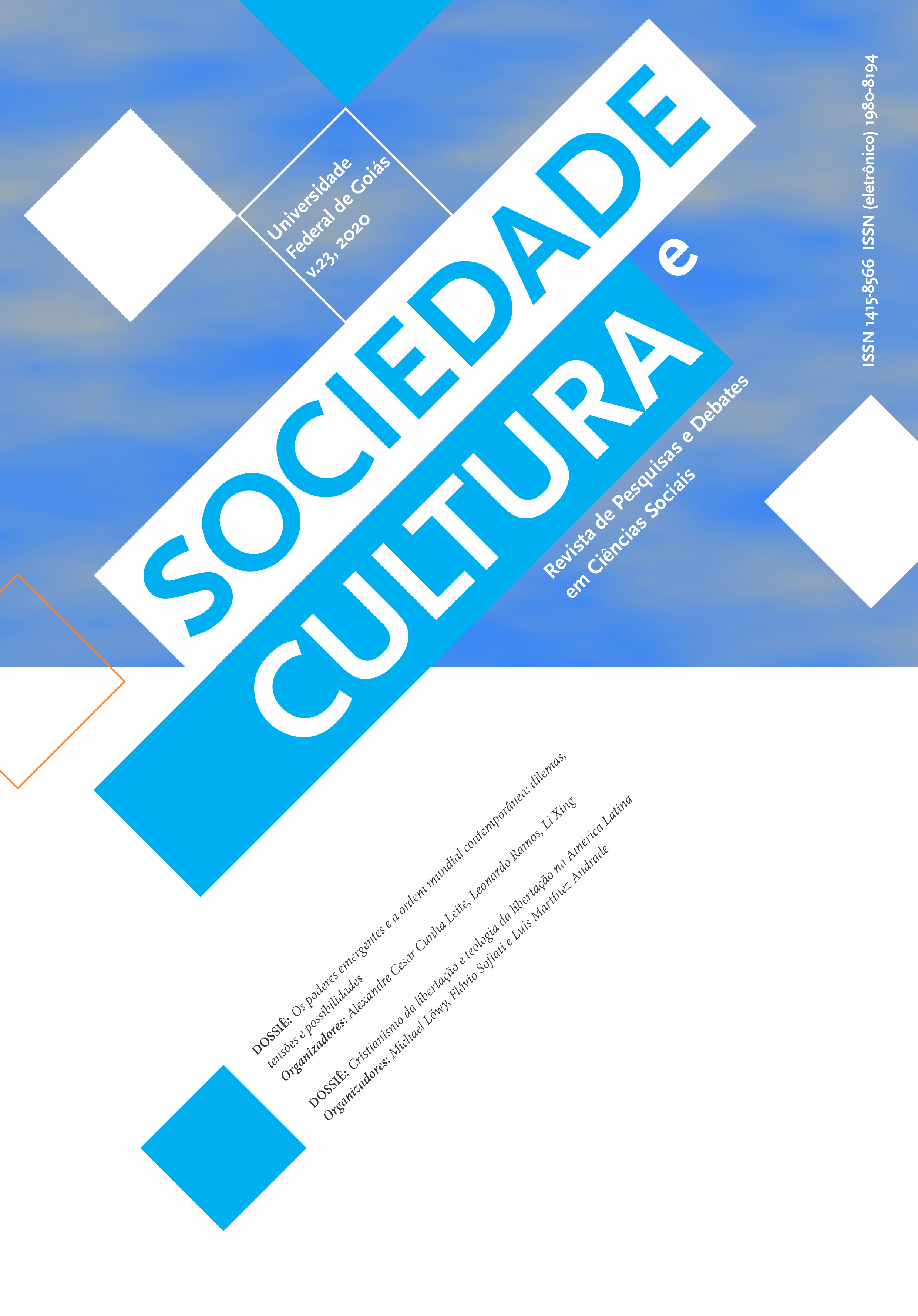Responses of political representatives to the 2013 protests: analysis of the discourse of the Presidents of the Republic, the Senate and the Chamber of Deputies
DOI:
https://doi.org/10.5216/sec.v23i.51092Keywords:
Discurso político, Manifestações de junho de 2013, Presidência da República, Câmara dos Deputados, Senado.Abstract
This paper analyzes the discursive response of the Presidents of the Republic, the Chamber of Deputies and the Federal Senate to the demonstrations of June 2013. Understanding discourse as an essential tool of the political process, the text analyzes the use of elements such as logos, ethos and pathos in the pronouncements of these three trustees. The conclusions show that the three representatives opted for different ways of manifesting themselves, but there are many similarities from the point of view of the content and the discursive strategies that consist of defending and legitimizing the political system and naturalizing the idea that the protests “are normal and in a democracy“. Demonstrators, in turn, questioned institutional power, complained about representative democracy, and denied the legitimacy of political institutions and representatives.
Downloads
Downloads
Published
How to Cite
Issue
Section
License
Authors who publish in this journal agree to the following terms:
- Authors retain the copyright and grant the journal the right of first publication, the work being simultaneously licensed under the Creative Commons Attribution License, which allows the sharing of the work with acknowledgment of authorship and of the initial publication in this journal;
- Authors are authorized to enter into additional contracts separately, for non-exclusive distribution of the version of the work published in this journal (eg, publishing in an institutional repository or as a book chapter), with acknowledgment of authorship and of the initial publication in this journal;
- Authors are allowed and encouraged to post and distribute their work online (eg, in institutional repositories or on their personal page) at any point before or during the editorial process, as this can bring productive change as well as increases the impact and the citation of the published work (see O Efeito do Acesso Livre).



